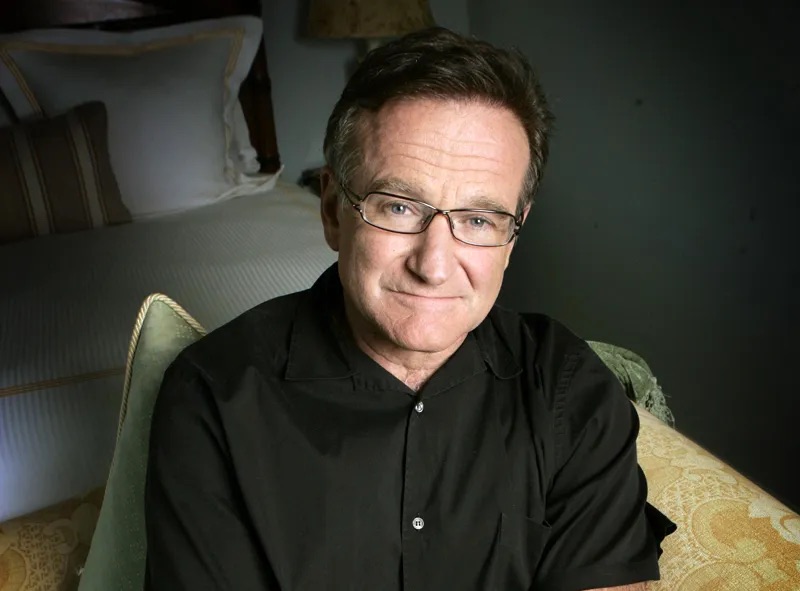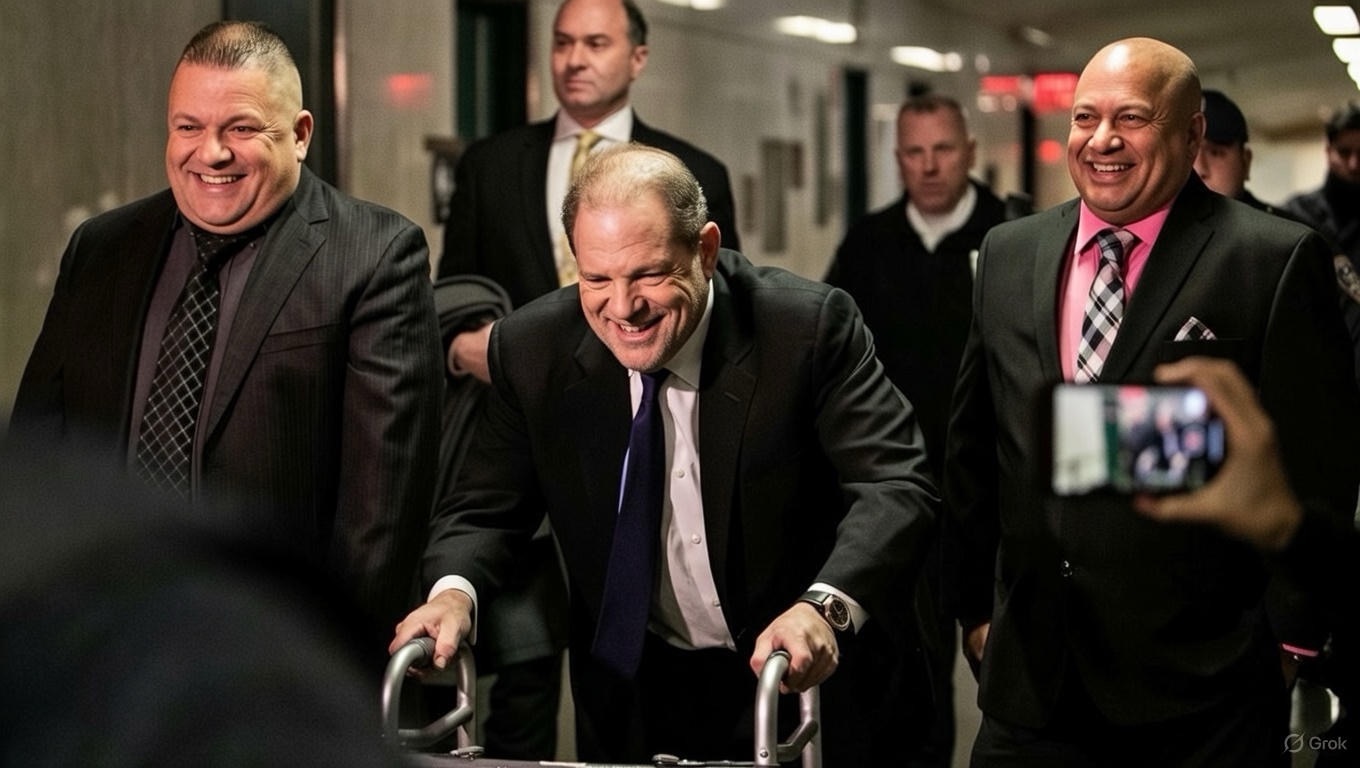This is part of the Global Women series from the BBC World Service, sharing extraordinary interviews and stories from around the globe.
I hated that I looked Asian, that I didn't have blue eyes and blonde hair, because that's what was beautiful at the time, says Arden Cho, the actress who voiced Rumi, star of Netflix's chart-topping animated film, KPop Demon Hunters.
Cho, 40, is describing her childhood in Texas, as the eldest daughter of Korean immigrant parents and her struggle for acceptance in American society.
In the film, which tells the story of a female K-Pop trio who must save the world from evil forces, Rumi has to come to terms with her identity as part human, part demon - and when Cho first read the script, this resonated powerfully.
Being born in America, feeling American but having people treat me like I'm not, trying to figure out my identity as an Asian-American, as a Korean-American, as a woman, she says.
These were all elements of her early life that mirrored Rumi's journey.
I can honestly say that at different points in my life, I hated a lot of myself and I wanted to be someone else.
As kids, what you see shapes who you become and I feel like I just didn't see enough people that look like me.
When it launched on Netflix in June, KPop Demon Hunters registered 33 million views in just two weeks, and reached the top 10 of the Netflix charts in 93 countries. To star in the first Hollywood animated film set in Korea, with Korean leads, was for Cho a dream come true.
Cho says many Korean-Americans have told her it's such a refreshing moment, making them proud for the first time of their dual heritage and culture.
But the film's success was not guaranteed with the risk often associated with Asian-led projects. I feel like it kind of sucks to say this, but any time there's an Asian-led project, people feel like it's a risk, she explains.
The film was also released amid increased immigration raids in the US during the Trump administration, making Cho's journey even more significant in the current sociopolitical context.
As an adult, Cho reflects on the need for increased awareness and education about Asian cultures. I feel like KPop really, truly has paved the way, and this film is the tip-over edge of everyone wanting to go to Korea now, she adds.
Looking to the future, Cho expresses hope that the art created by humans will continue to resonate, amidst the growing integration of AI in the film industry.
For Cho, KPop Demon Hunters not only represents professional success but also offers hope and connection to audiences worldwide.


















